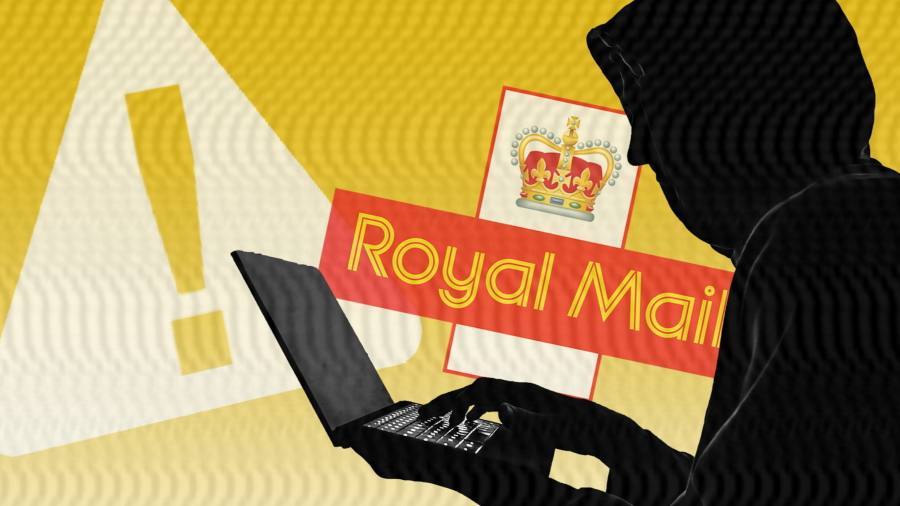How Royal Mail’s hacker became the world’s most prolific ransomware group
As the UK’s Royal Mail grappled with the fallout of a ransomware attack, a purported member of the LockBit hacking group stepped forward on the weekend to take credit for the mayhem.
LockBit has been busy: in just the past month, it has claimed to have compromised 40 organisations, from a private school in Malaysia to a dental group in Sydney, helping it take the mantle of the most prolific ransomware gang in the world.
The group had already hit the City of London, ensnaring Kingfisher Insurance in October 2022. But Royal Mail, part of a £2.2bn delivery business, was its biggest target so far: a crucial part of the UK’s critical infrastructure that was suddenly left unable to send mail outside the British Isles.
The spotlight — both from rival hacking gangs and UK authorities — was finally on LockBit.
“Guys, you can calm down,” said the anonymous post, as it revealed that a LockBit affiliate was behind the attack, made in a private forum and shared with the Financial Times by a security researcher.
The hack, the post said, was carried out by an elite, top ten member of the sprawling LockBit gang, someone who specialised in the important jobs of decrypting and then deleting the stolen data after collecting the ransom.
Royal Mail has yet to officially confirm that LockBit breached its cyber defences, encrypted its data and is now holding it ransom. The company declined to comment on whether it was negotiating with hackers, or how long it expects the disruption to last.
During a parliamentary hearing on Tuesday, Royal Mail chief executive Simon Thompson told MPs he had been informed “that to discuss any fine details . . . would actually be detrimental”.
The week-long disruption to international deliveries comes after 18 days of strikes over the past five months, adding pressure to Royal Mail to resolve the situation. But it is facing off against an evolved version of the ransomware threat — security researchers describe LockBit as the most professional, sleekly efficient gang in the world.

In the past year, the “founding fathers” of the group have taken…




